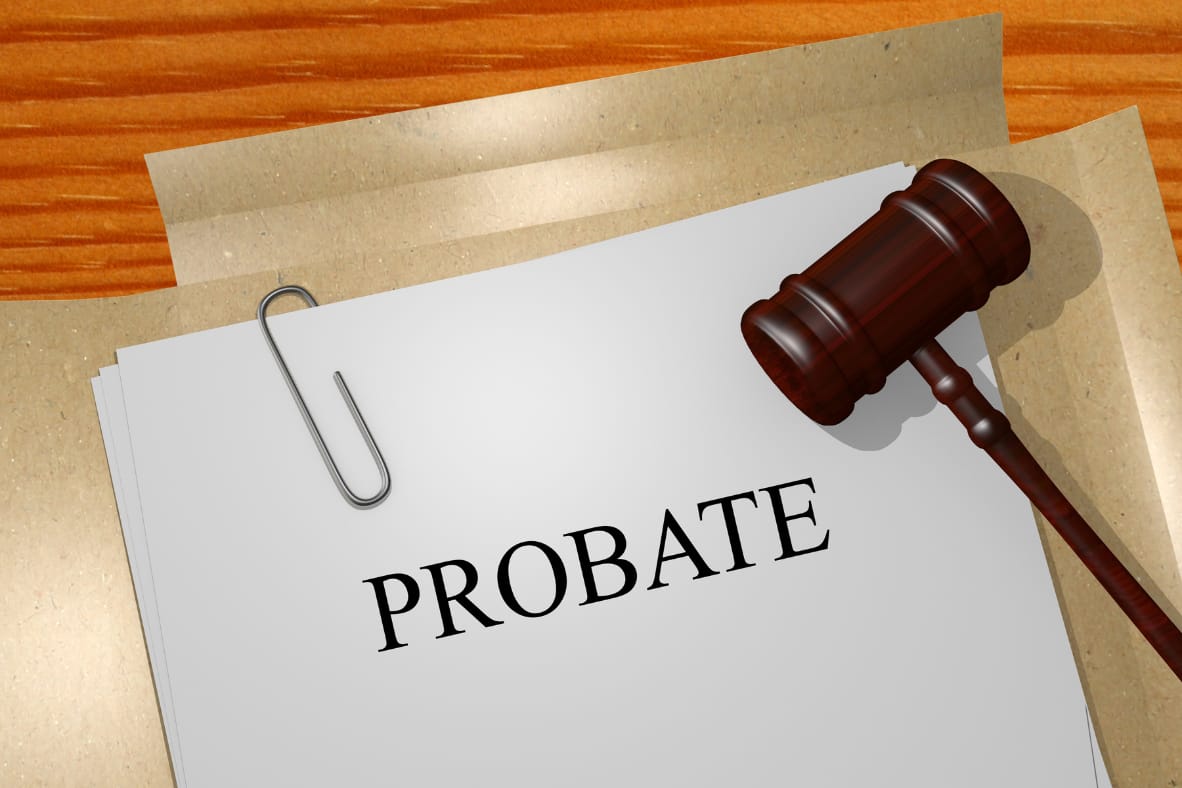
Whether you are buying or selling real estate, you can benefit from the legal guidance of a qualified property lawyer. Often, buyers will decide to hire an attorney before they sign the purchase contract because they believe the attorney can help protect their interests and avoid future issues that could arise.
A property lawyer can also be beneficial for sellers, particularly in the event of a FSBO (For Sale By Owner) transaction. A lawyer will be able to review the terms of the contract and make any necessary amendments, as well as handle a title search.
When do I need a real estate attorney?
The decision to hire a real estate attorney depends on the complexity of your property transaction. A complex real estate transaction may require an attorney, while a simple residential transaction will likely not.
State laws dictate whether you need a real estate attorney and what you need to do if you choose not to have one. The rules of each state vary and may be influenced by local regulations, so it is best to consult with a lawyer before deciding on whether or not you need to hire a real estate attorney for your transaction.
Some of the most common situations that lead to a need for a real estate attorney include a disputed title, tax concerns, or problems with mineral or surface rights. A real estate attorney can also be useful for transactions that are complicated by a seller’s failure to disclose certain information about the property, such as an odor or pest infestation.
If you are purchasing a co-op or condo, you should hire a real estate lawyer before signing the purchase contract. The lawyer will inspect the building to make sure there are no health or safety hazards, such as mold or lead paint, that could impact your ability to live in the space. They will also look at several years’ worth of board meeting minutes to ensure the building is free of problems, such as leaky roofs or bed bug infestations.
Your real estate attorney can also help you prepare the documents for closing, as well as attend the closing to ensure that all parties are satisfied with the transaction. They will also review all of the paperwork presented at the closing and answer any questions that you have.
Typically, the lawyer is responsible for reviewing the sales contract, making any necessary amendments, and then representing the buyer at the closing. They are also responsible for ensuring that the lender has completed all of the necessary paperwork, and that all parties are in compliance with all laws and regulations.
The buyer and the seller both need to sign the contract, which is generally a form that includes a purchase price and the terms of the sale. Once all parties are in agreement, they will need to schedule a date for the transaction to close.
Once the closing date is set, your real estate attorney will prepare all of the required documentation and present it to you. Then, at the closing, your attorney will ensure that all checks are written to the appropriate parties and all debits and credits have been settled.




